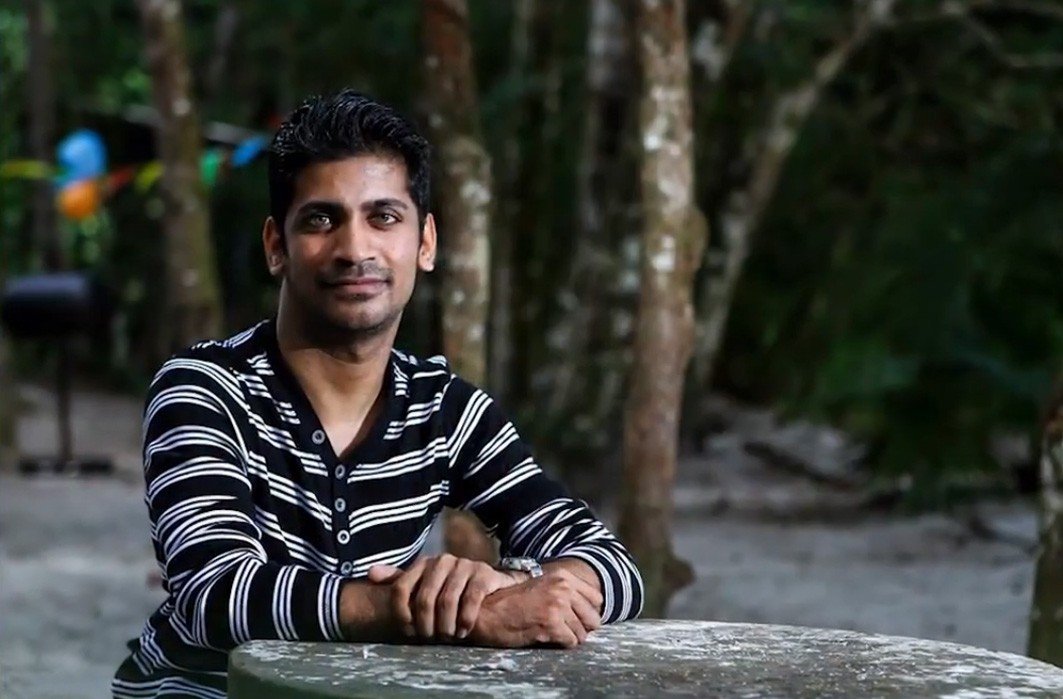Empowering people with disabilities makes a society stronger
Task: The United Nations Development Programme (UNDP) wanted us to write an article about one of their most important projects in Suriname: empowering people with disabilities.
Process: Carry out research, interview policymakers, government officials, diplomats, activists, and workers involved in the project. Ensure proper messaging according to established guidelines. It involved writing several versions of it, and following a very strict protocol on the kind of language to be used when speaking about all the different international organizations involved in their work. After several hours of research and multiple editions approved by content and project managers, this rewarding piece was completed!
Target audience: Donors and the general public.
Results: High levels of traffic and long sessions on the webpage where it was published. Secured ongoing donations.
…
Djaleeza Van Hetten was 16 years old when she became blind. She had always wanted to be a nurse. “I enjoyed the work,” she says, “I wanted to help people.” Losing her sight forced Djaleeza to take a different career path, but it did not hold her back from achieving her dream of helping people.
Now she’s 22 and works as a telephonist. “I communicate with people calling inside. I also have outgoing calls.” Djaleeza likes her new job and gets along well with her managers. “People with disabilities are normal people,” she says, “so they can also be self-employed, buy their own things, earn their own money.” Djaleeza required some job training and has done nothing but great work ever since. Her visual impairment has not held her back from leading a fulfilling life.
To ensure that people like Djaleeza receive the right training and career guidance to overcome their difficulties, The Alliance for Decent Work for People with Disabilities (The Alliance for short) was established. It is a joint initiative between the United Nations Development Program (UNDP) and the Association for Surinamese Businesses (VSB), with the participation of government ministries and organizations advocating for the rights of people with disabilities (PWDS), and actively providing them with support.
The Sustainable Development Goal 8: Leaving No One Behind, is a call for the Surinamese community, along with the rest of the world, to grant people with disabilities (PWDs) the resources and the opportunity to contribute to their communities. The problem, however, is not with finding the resources but changing people’s mindsets.
Indra Gangadien, who works with The Organization Wi Oso, wants families to understand that if they have children suffering from certain physical or mental difficulties, they should not keep them hidden from society, something which effectively dispossesses them of their true worth. The progress of this initiative makes it clear that PWDs, when integrated into their communities, are quite handy and capable individuals. In the words of Dr. Armstrong Alexis, Deputy Resident Representative of UNDP in Suriname, a disability is by no means an inability.
Rikash Gauri works with his hands in construction. Despite a mild mental restriction, with the aid of special education, he performed well at his internships and now does excellent work at his job. He is living proof of how someone with a disability, when placed in the right setting, can thrive. He just needed the chance. By empowering PWDs, The Alliance is giving them a voice, and they have much to tell us.
Ardimin (Rin) Mertokasiman from Wi OSO moves about on his wheelchair with what seems like effortless agility, through the different rooms in his tailor-made house. Everything, from the fridge to the cupboards and the sinks, has been lowered for easy access. “There are only two houses built,” he says, making his way through his kitchen, “which means that we are not entirely satisfied. We have pupils who are already trained to live independently, but there are no houses available for them yet.” We see him caring for plants in the greenhouse where he works, or showing us how his bathroom was adjusted for him to use without any help. “With the adjustments,” he adds, “we can use the facilities independently”.
Tito Hope works with Ardimin at the greenhouse. Like Djaleeza, Rikasha, and Rin, Tito was trained to work, and given a house in which he could live independently. “If this place wasn’t built for us, we wouldn’t never go out because…they always thought that we couldn’t do what we are doing right now.”
Dr. Armstrong Alexis also recognizes that changing society’s perspective of those with disabilities is the hardest part of the initiative. The world needs to see that when equipped with the tools they need, PWDs can contribute as much to society’s welfare as any other person.
“The longest journey begins with a single step,” Dr. Armstrong Alexis says, but there’s much more work to be done. In the end, as with all citizens, PWDs, whether struggling with visual, mental, or physical difficulties, simply require the chance to show their true worth. By investing in leaving no one behind, we don’t take away from the community, we make it stronger.
….
Read the published article here.



